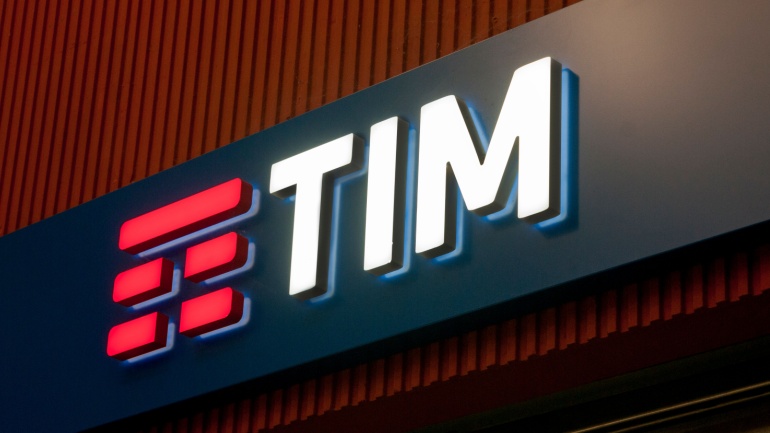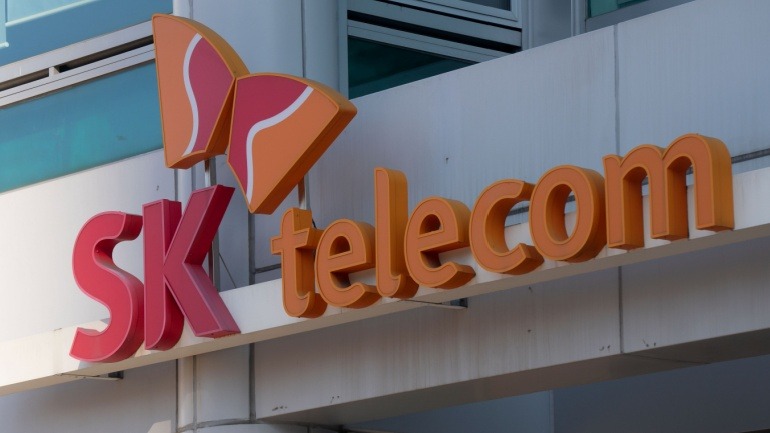TIM, the Italian telecommunications giant, encountered a significant drop in its share value following the announcement of an expected increase in net debt by over €1 billion due to the sale of its networks division. The company’s strategic initiative, dubbed the Free to Run plan, aimed at reducing debt through the sale, ironically led to a sharp decline in share prices, which plummeted further after the disclosure of financial details on Monday.
Despite the intention to alleviate financial strain, TIM’s admission revealed a bleaker financial outlook than anticipated. The forthcoming closure of the NetCo deal is projected to elevate TIM’s net debt to approximately €7.5 billion by year-end, up from a pro forma balance of €6.1 billion. This adjustment overshadows the previously undisclosed financial projections for 2025 and 2026, casting doubt on the plan’s debt-reduction premise.
The breakdown of this debt increase attributes it to both routine operations and the exceptional costs associated with the NetCo transaction. These include separation expenses and the potential for price adjustments, among other financial adjustments. While TIM anticipates a net cash flow rebound by 2026, uncertainties loom large, with the company hinting at possible positive adjustments stemming from the NetCo deal and the ongoing sale of its Sparkle unit.
This financial turbulence has not only shaken investor confidence but also led to internal repercussions. Following the market’s adverse reaction, TIM’s Chief Financial Officer, Adrian Calaza, reportedly offered his resignation, which the board declined, choosing instead to further clarify the financial trajectory in hopes of stabilizing investor sentiment.
As TIM navigates through this tumultuous period, the market’s response to its revised financial forecast and strategic realignment remains to be seen, leaving the telecom’s future in a state of uncertainty.







